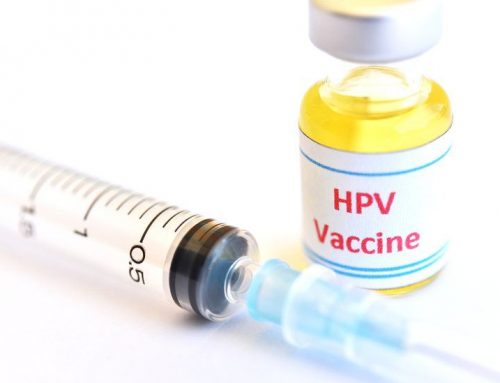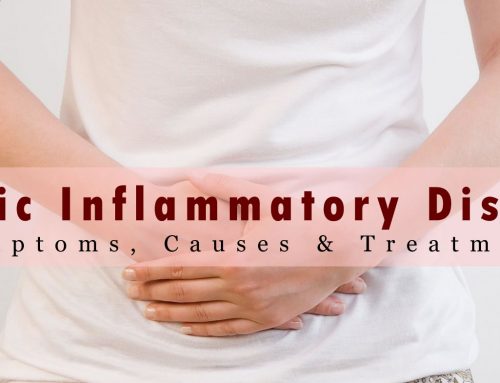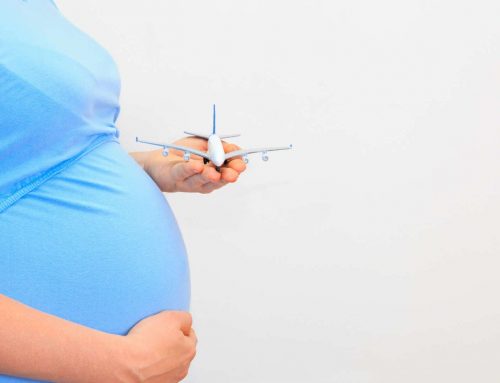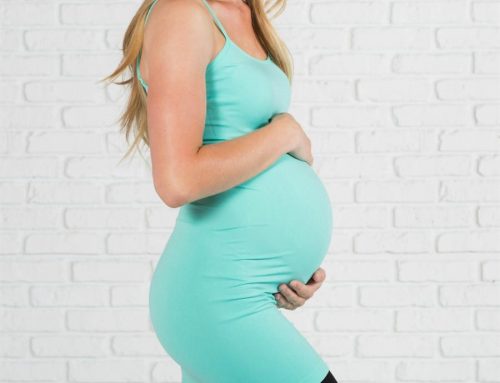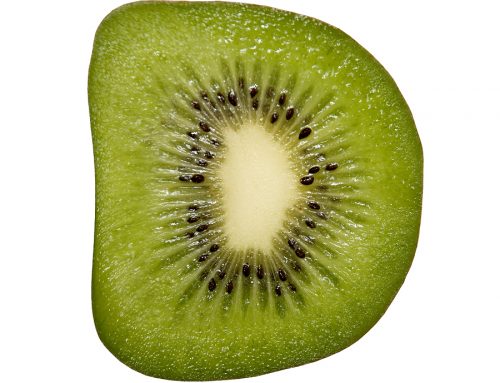Experts are still unsure exactly how much, if any, alcohol is completely safe for you to have while you are pregnant, so the safest approach is not to drink at all while you are expecting. This advice can extend to those woman who are planning to fall pregnant as pregnancies are usually only diagnosed 6 weeks after conception has occurred. If you’re still not convinced it might be helpful to look at some facts:
When you drink, alcohol passes from your blood through to the placenta, or after birth, and directly to your baby. The liver, responsible for metabolising toxins, is the last organs to mature and doesn’t do so until the late stages of pregnancy. For this reason your baby cannot process alcohol as well as an adult can and too much exposure to alcohol can seriously affect their development.
Drinking alcohol in the first few months of pregnancy increases the risk of miscarriage, premature birth of your baby and having a low birthweight. Other effects on your unborn child could include learning difficulties, behavioural problems, and a serious condition called Fetal Alcohol Syndrome (FAS) characterised by poor growth, facial abnormalities, learning or behavioural problems.
So the next time the craving for a tall glass of wine hits you, reflect on the consequences and grab a healthy, alcohol free alternative.
By Dr Leneque X Lindeque
Obsterician and Gynaecologist, Netcare Albertlito Hospital



